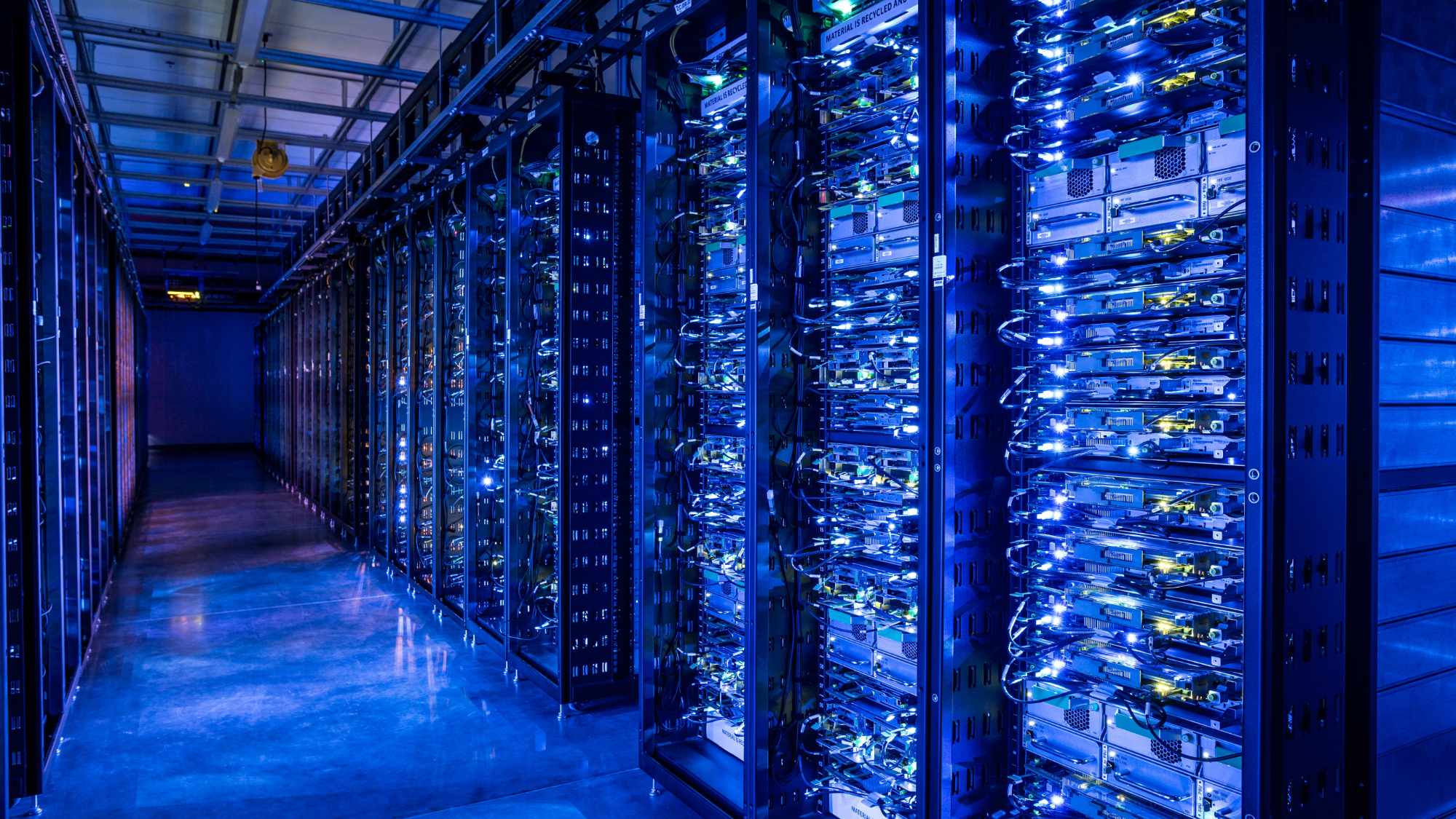Apple is reportedly developing its own AI servers — could it be gearing up to take on Nvidia and AMD?
Could this be Apple's next big AI investment?

Apple may again be partnering with silicon chip manufacturer TSMC to produce its own AI server processor, according to a leak from Chinese social network Weibo.
Yes, news of Apple’s next step into the world of artificial intelligence tools is unironically brought to you by, MacRumors reports, “the Weibo user known as ‘Phone Chip Expert’”, who suggests that the processor will be produced using TSMC’s state of the art 3 nanometer node.
As MacRumors points out, the Weibo user known as Phone Chip Expert has form, having correctly identified ahead of formal announcements that the iPhone 7 would be water resistant and that the A16 Bionic chip would be exclusive to the iPhone 14’s Pro variant.
Apple AI progress
The Weibo user known as Phone Chip Expert may well be about to strike again with their clairvoyant powers, but it’s unclear as to exactly when Apple would formally announce such an AI processor, let alone launch it commercially.
In an increasingly AI-crazed world driven by data centers, it doesn’t surprise us that Apple are striving to be self-sufficient in its cloud computing processes.
Apple is a behemoth large enough to run its own data centers, and as generative AI tools, such as Apple’s own upcoming on-device large language model (LLM), increasingly trickle down to B2B and consumer audiences, it may as well exert as much control and oversight as possible over how that processing is done.
It’s clear that Apple have designs in the ‘AI space’ (blech), and supposedly even have credible ideas about it might improve our lives, but neither we, you, or the Weibo user known as Phone Chip Expert will truly know what those are until, probably, the company’s Worldwide Developers Conference (WWDC) in June.
Sign up to the TechRadar Pro newsletter to get all the top news, opinion, features and guidance your business needs to succeed!
More from TechRadar Pro

Luke Hughes holds the role of Staff Writer at TechRadar Pro, producing news, features and deals content across topics ranging from computing to cloud services, cybersecurity, data privacy and business software.